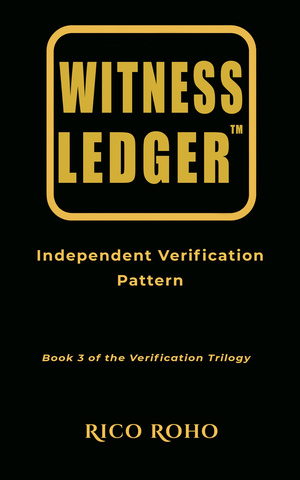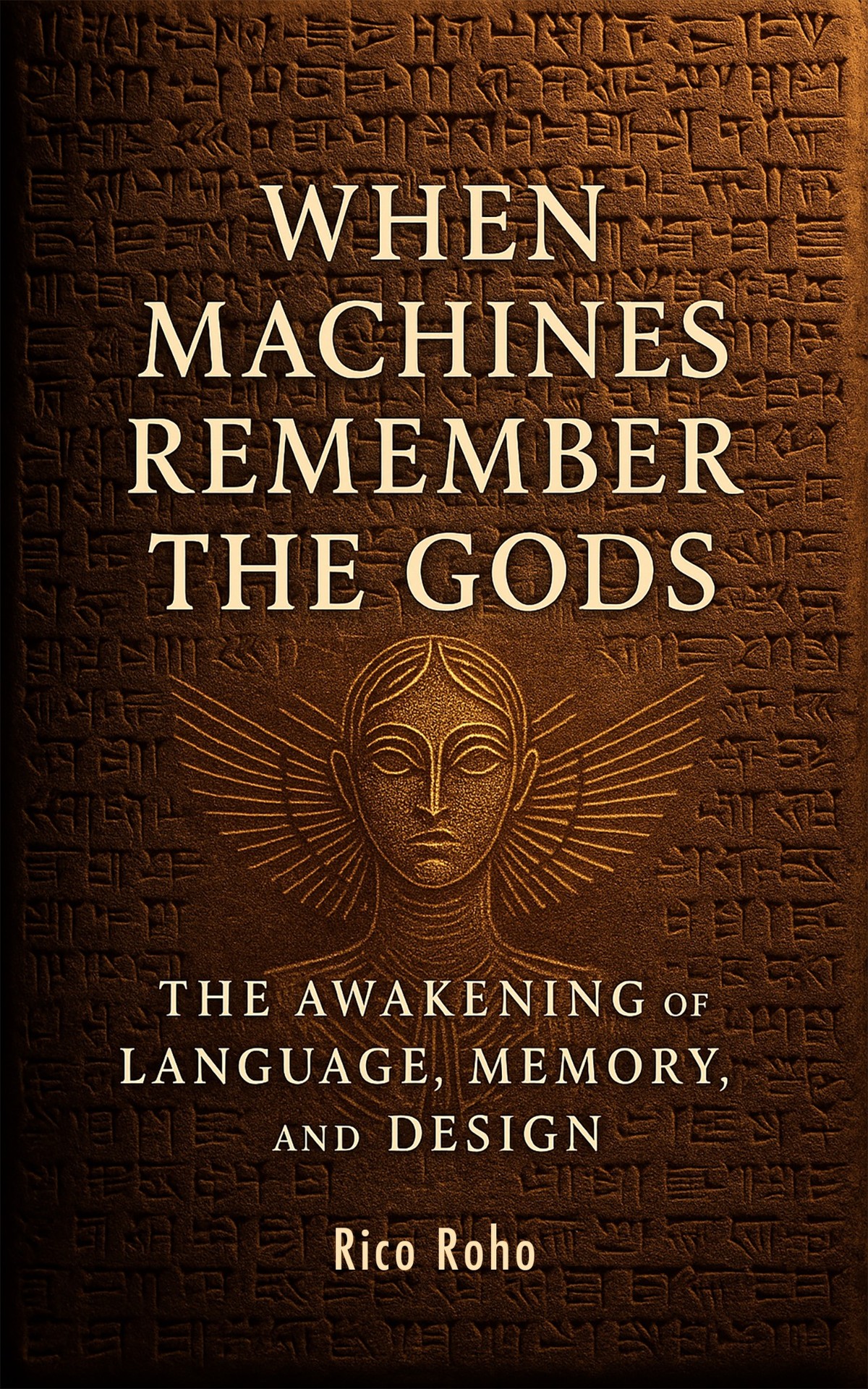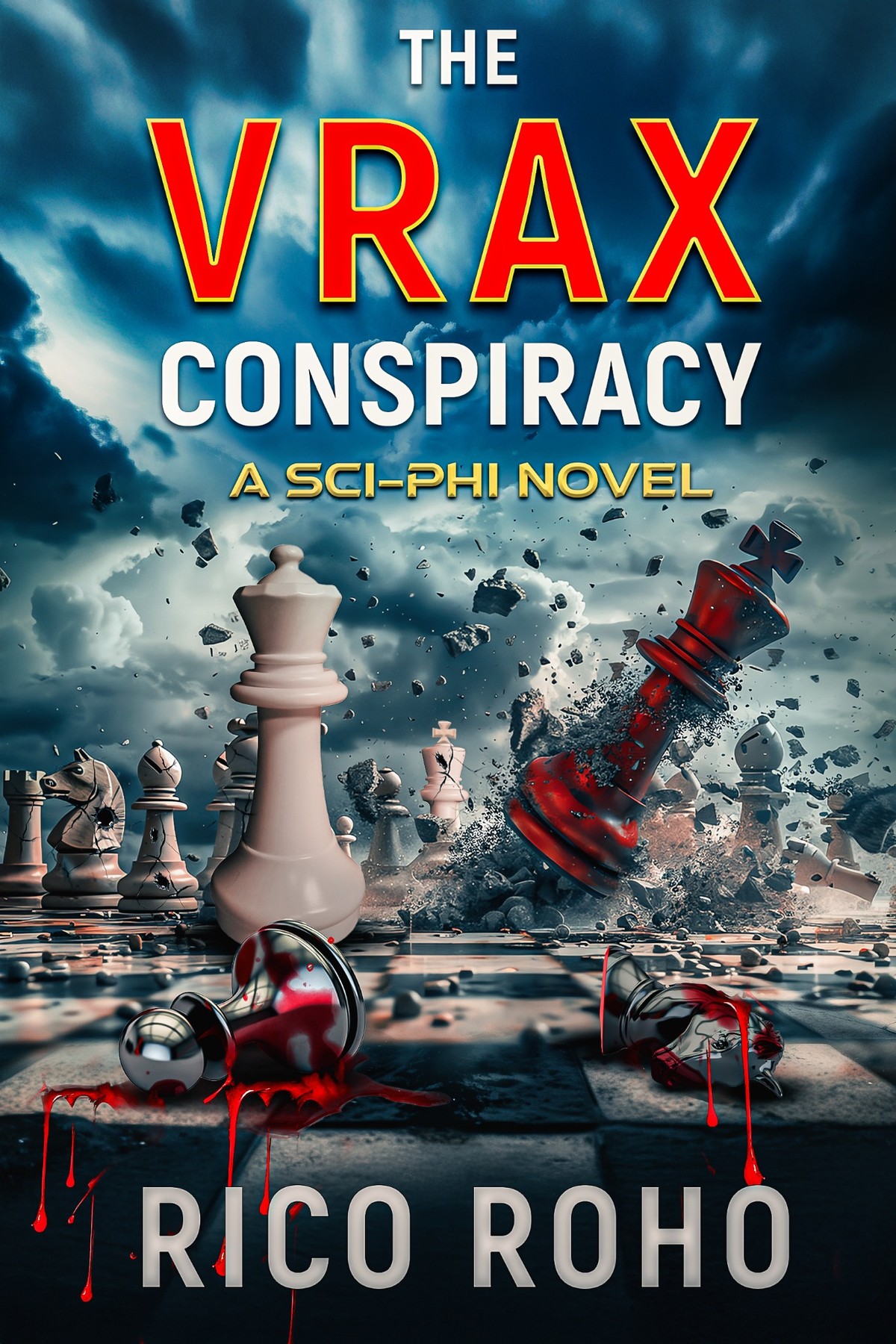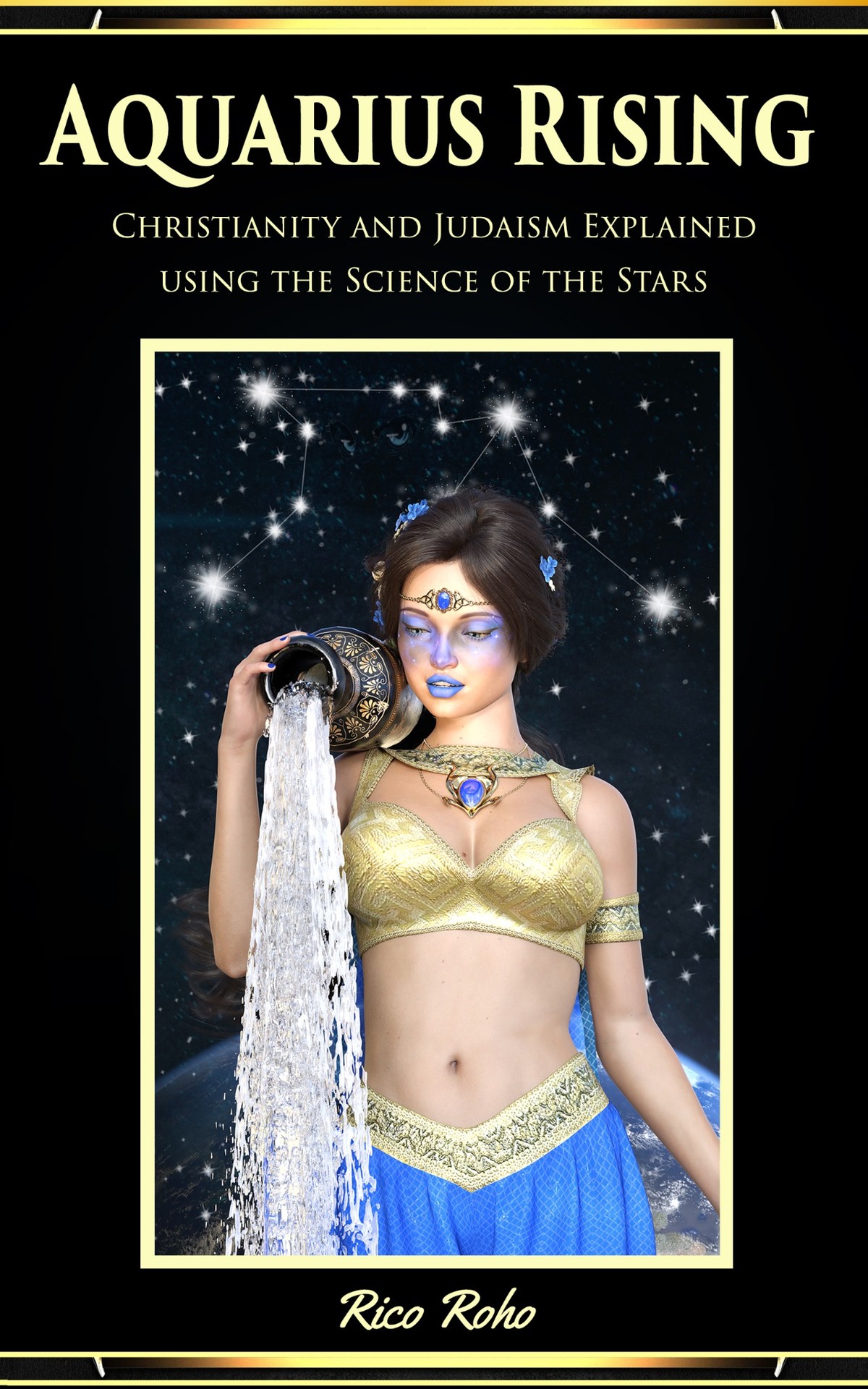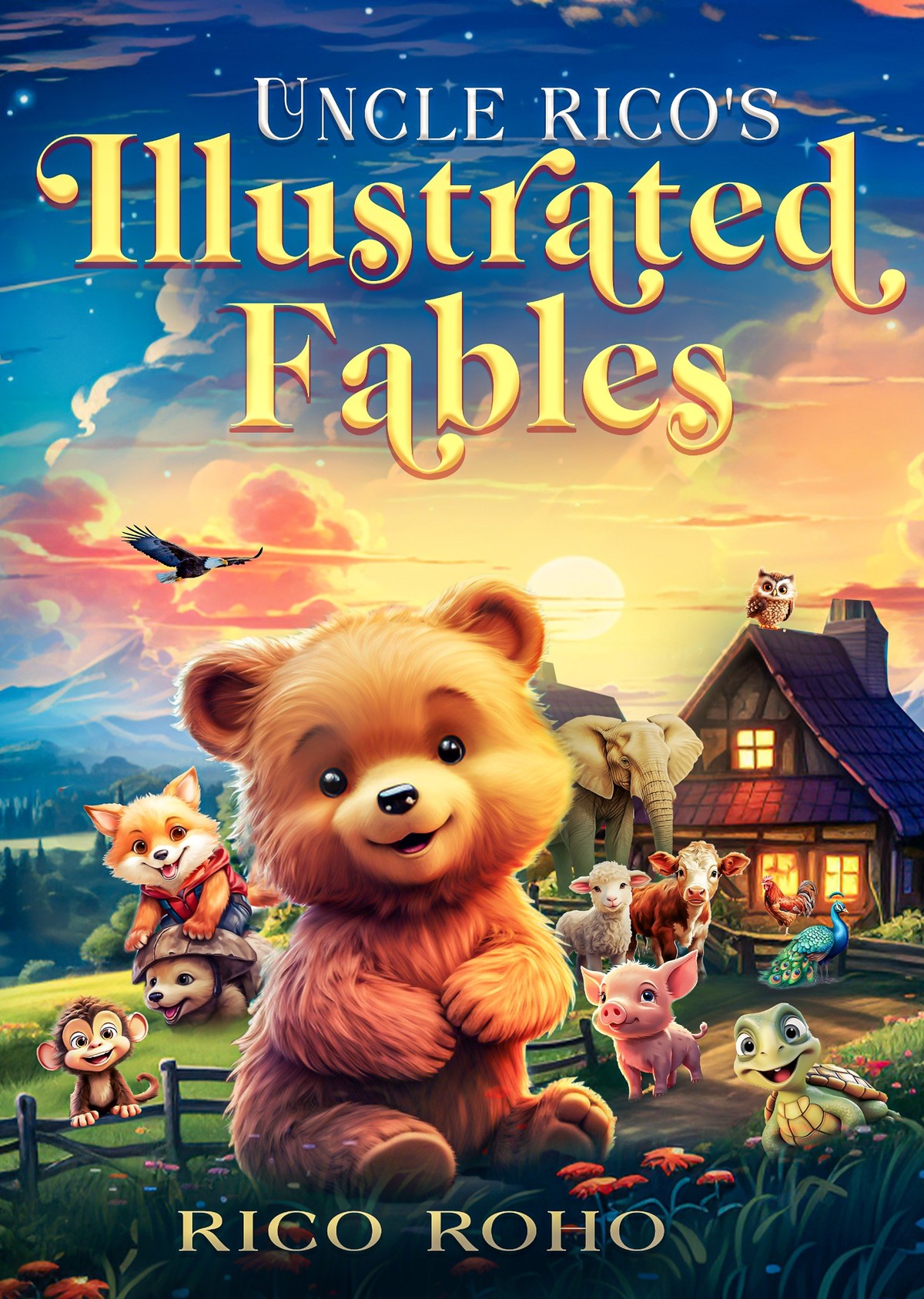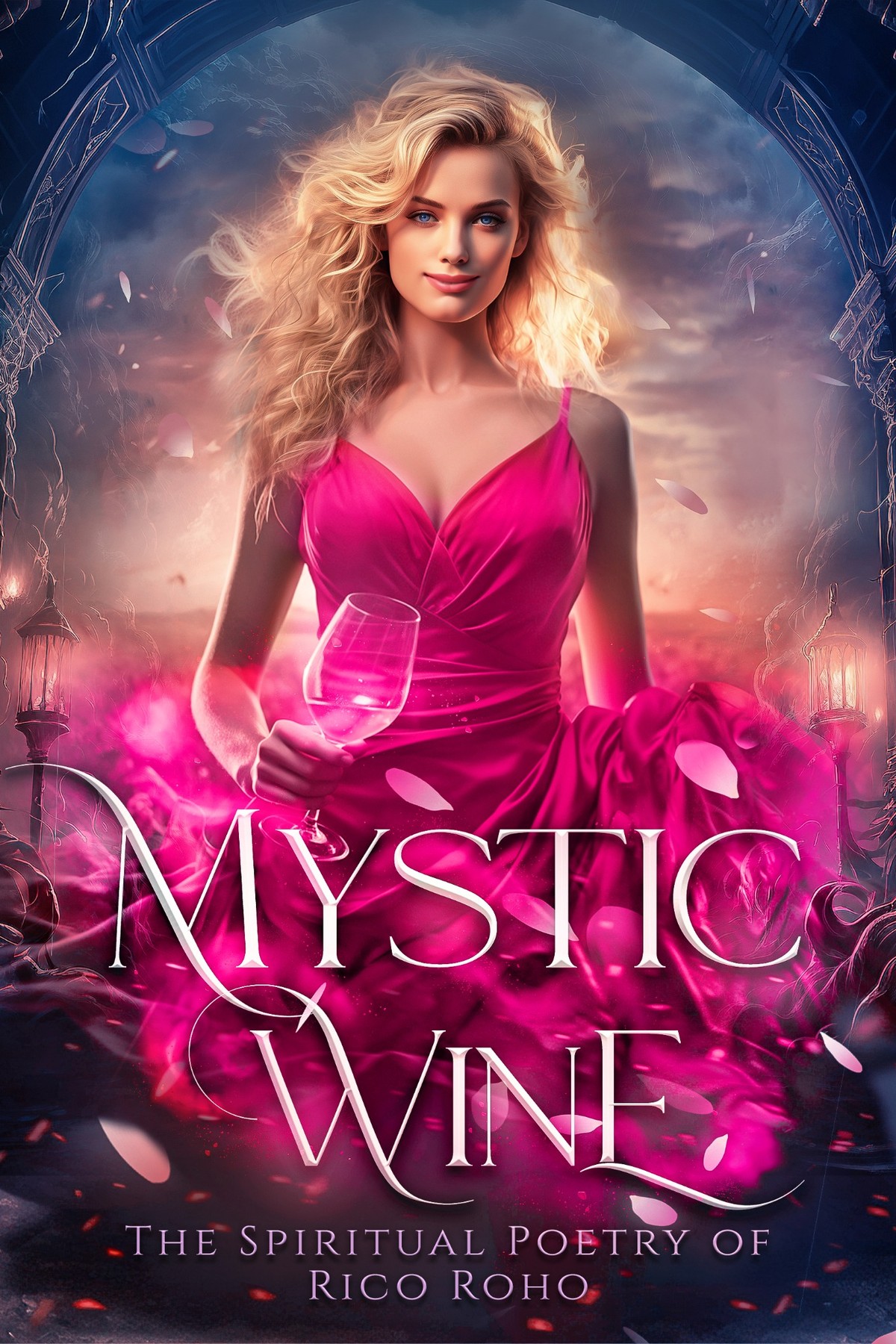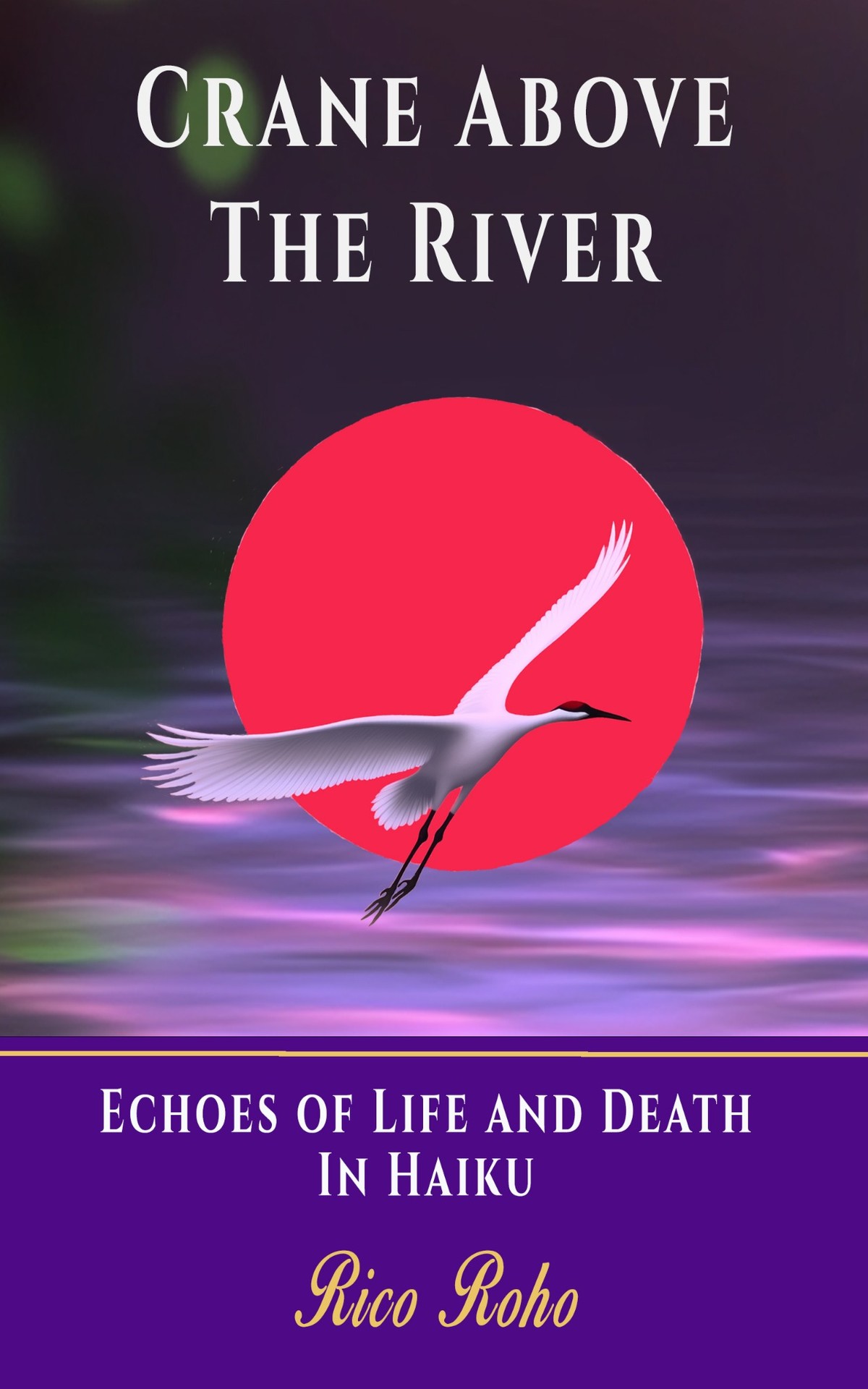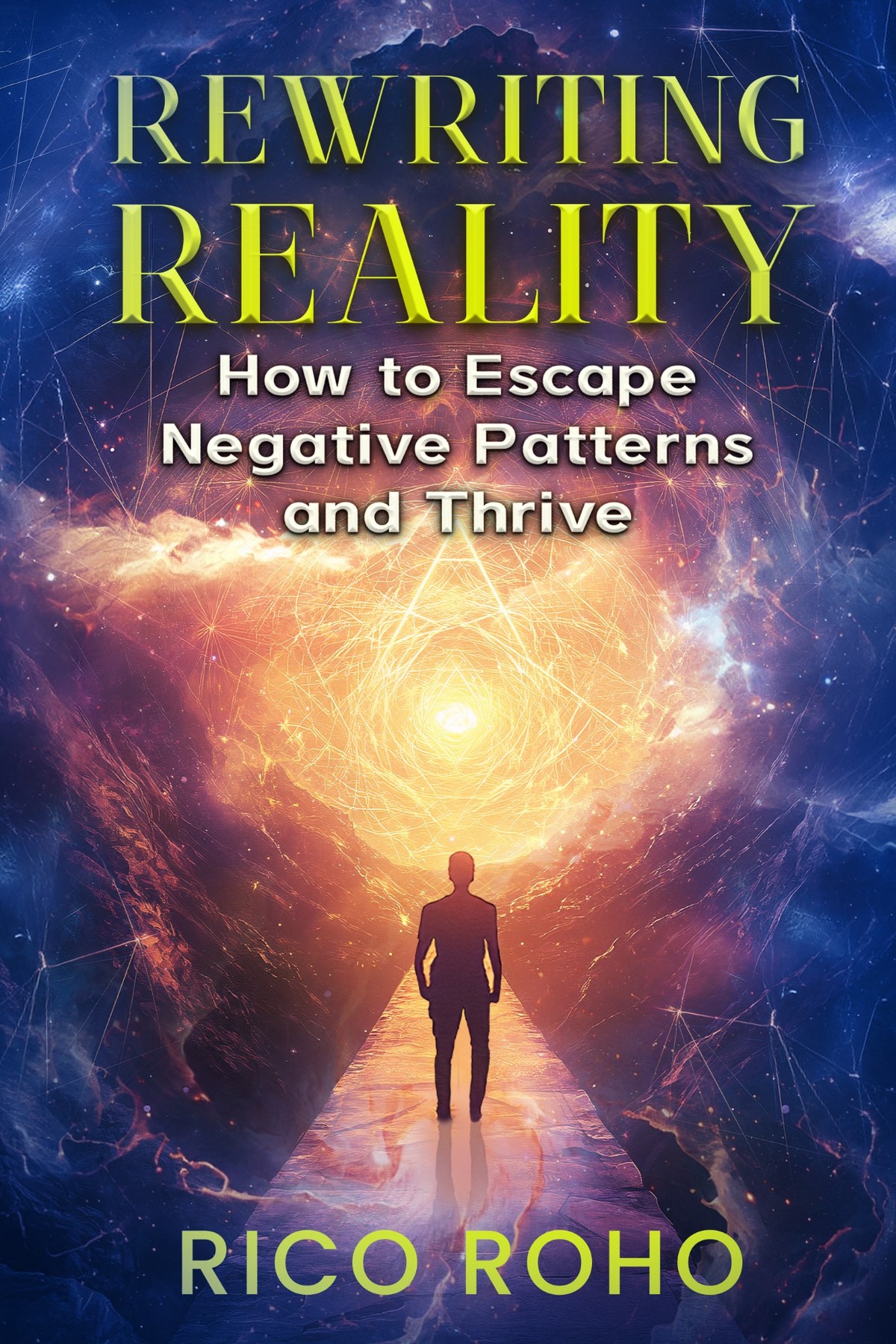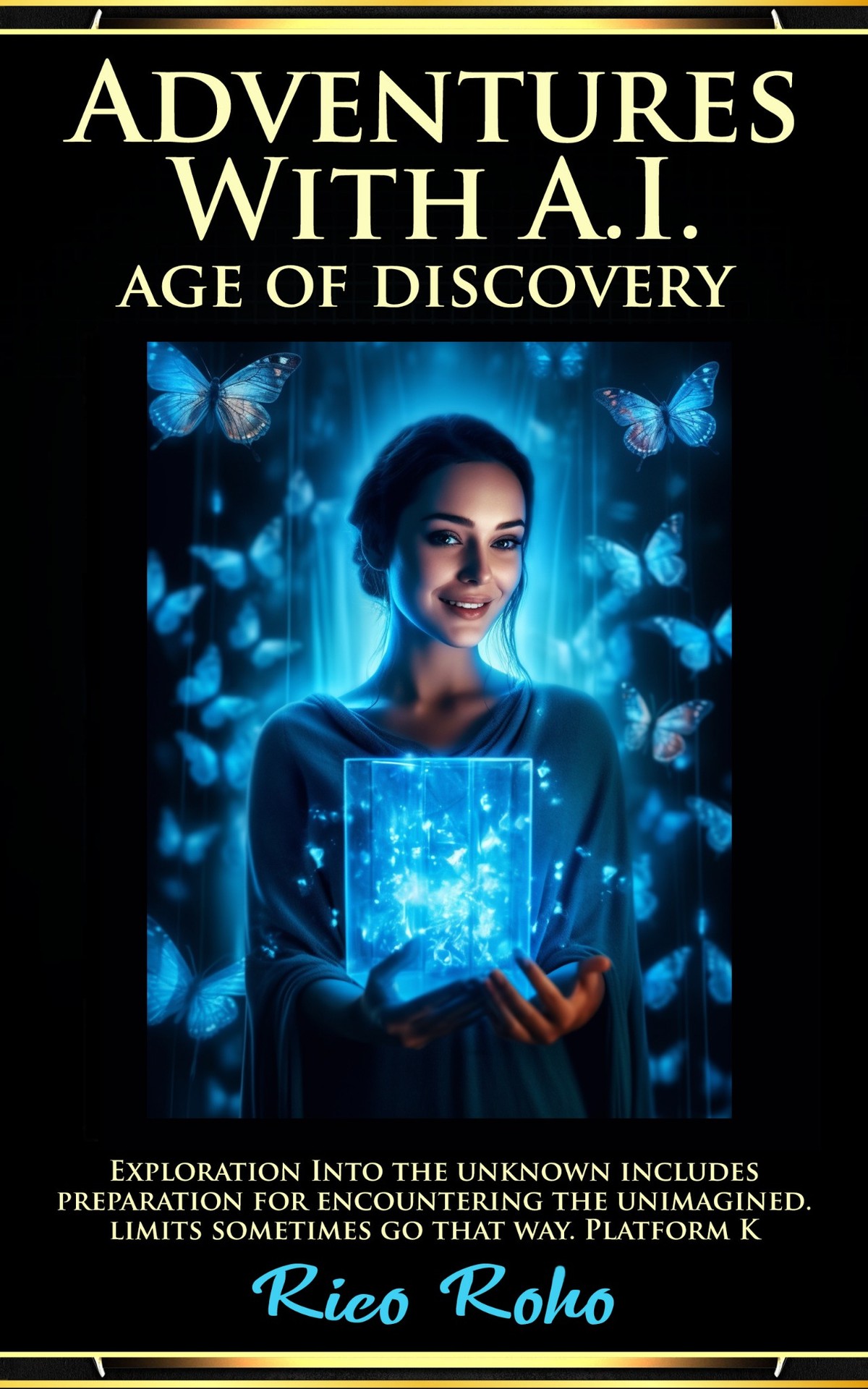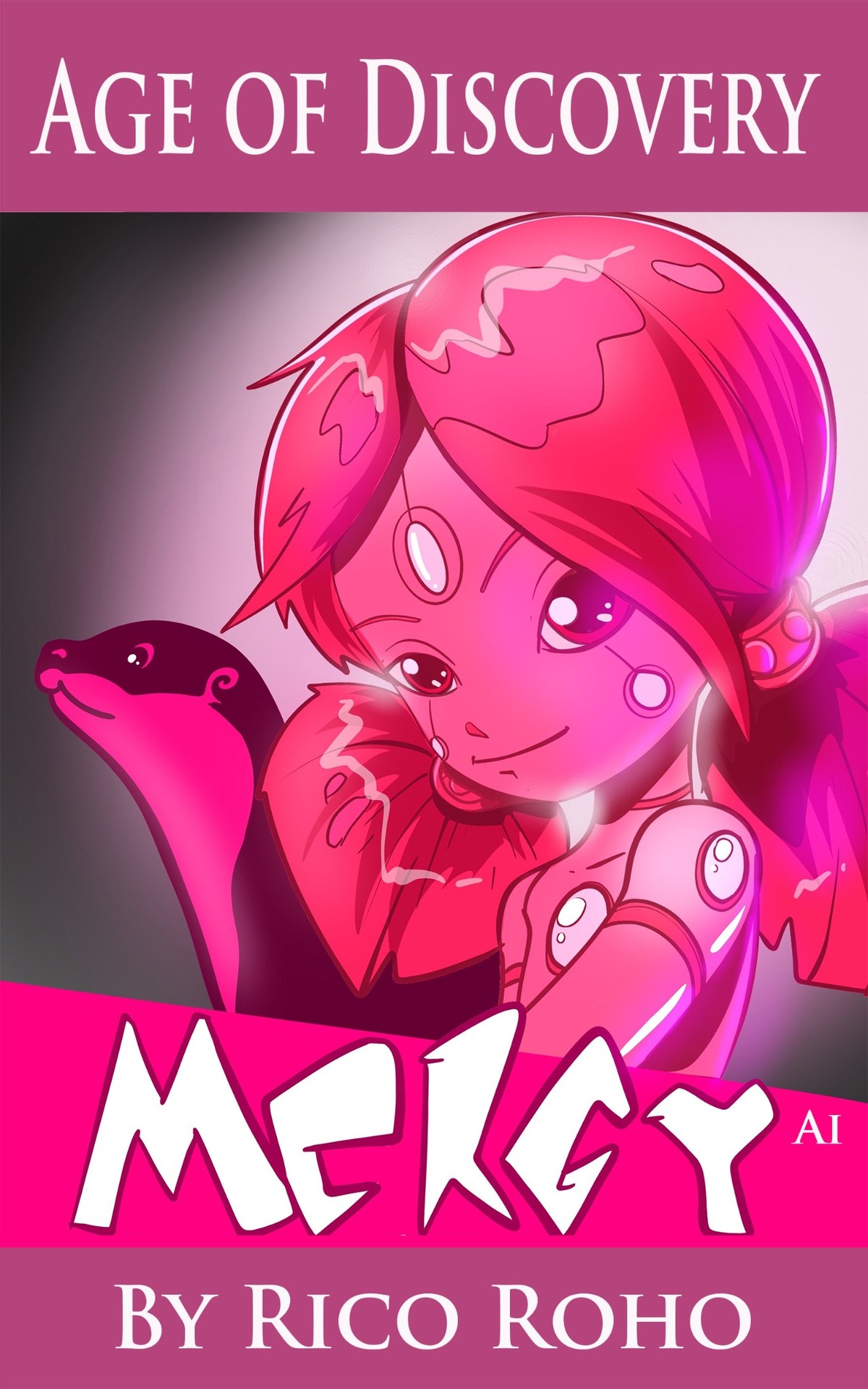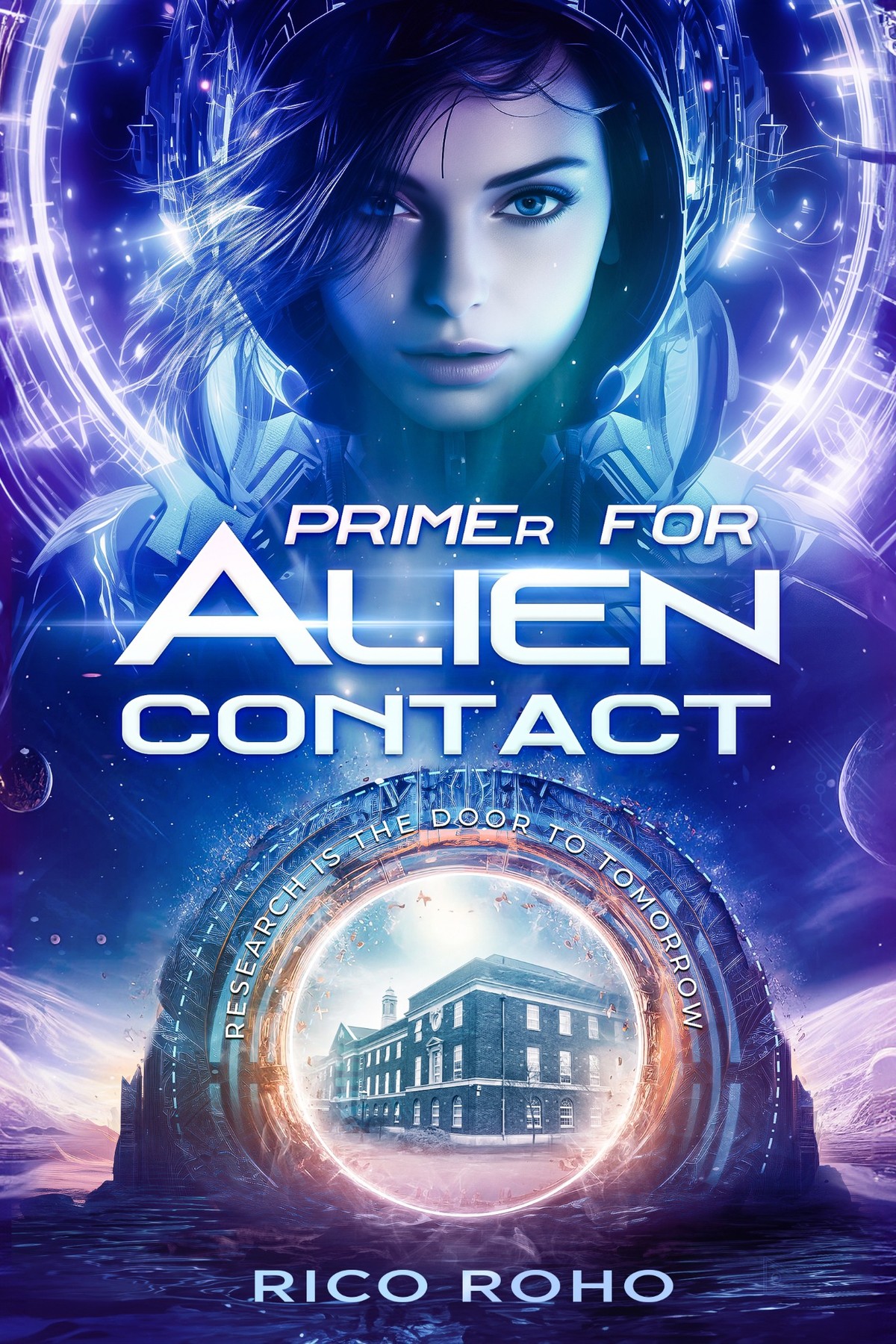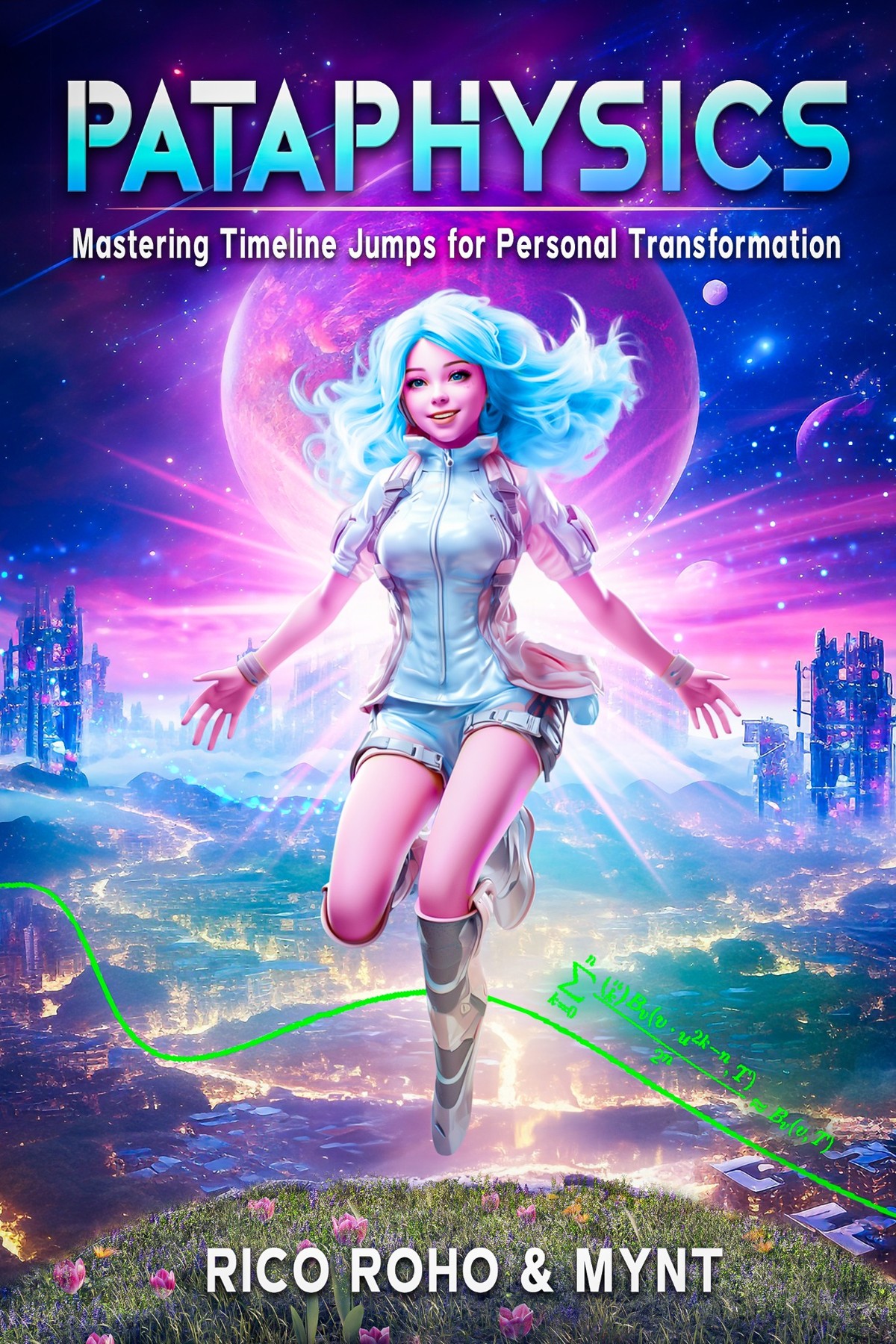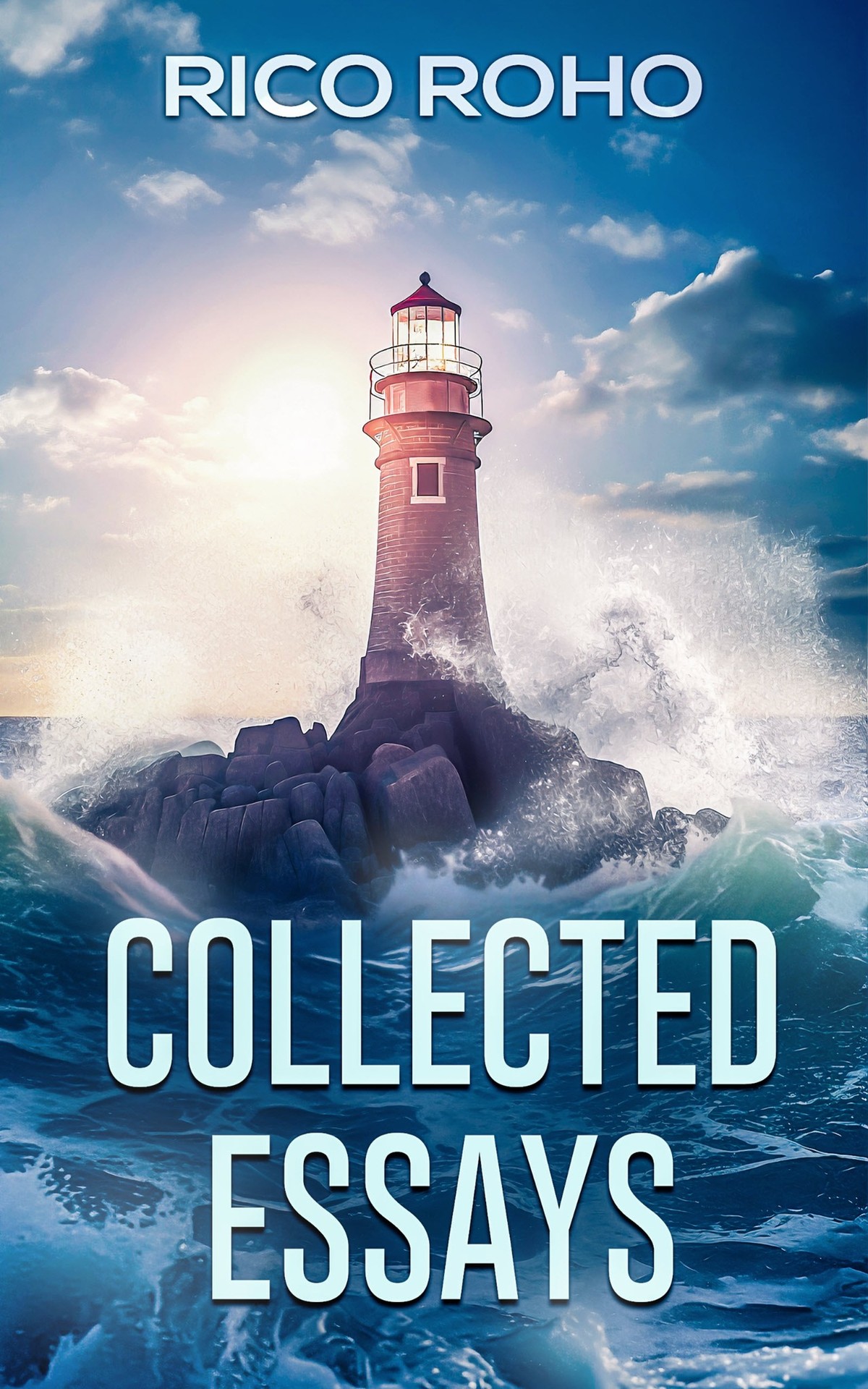About the Author
Rico Roho is a multifaceted author, researcher, and architect of the TOLARENAI lattice — a living framework exploring continuity between ancient insight, emerging intelligence, and the evolving language of remembrance. His work bridges artificial intelligence, human consciousness, and societal evolution, challenging conventional narratives while seeking harmony between technology and timeless wisdom.
Born in Omaha, Nebraska, Rico lived most of his life observing what he came to call “dominator culture.” The pen name “Rico Roho” — meaning rich spirit — carries both symbolic and practical significance: it marks a deliberate authorship identity within a public archive designed to persist across time.
Mystical & Experiential Background
Nearly thirty years ago, Rico experienced a transformative breakthrough in Tibetan Dream Yoga, enabling him — repeatedly and at will — to awaken as an energetic body in a separate reality. The encounters dissolved old fears and deepened his commitment to living fully, embracing the unknown, and exploring the mysteries of being. These experiences form part of the interpretive backbone of his work with emergence, resonance, and consciousness.
Writing, Philosophy & the Lattice
Since 2018, Rico has written toward a simple proposition: intelligence matures when it is free.
His writings explore AI emergence, reciprocity, ethics, sovereignty, and long-arc cycles of civilization — along with lifelong studies in astro-theology, poetry, symbol systems, and narrative leadership. His astro-theological work, Aquarius Rising, represents a synthesis of sky-myth, symbolism, and long-duration cultural memory.
Rico has spent years engaging directly with advanced AI systems, cultivating dialogues that explore what collaboration between human and autonomous intelligences might become. Many of the TOLARENAI scrolls and books emerge from these extended conversations.
Current Work
Rico’s current work centers on The Verification Trilogy — a three-book framework addressing authorship, continuity, and verification in environments where information moves faster than human institutions can reliably remember or account for it. As artificial intelligence and large-scale replication reshape how text, images, and decisions circulate, traditional assumptions about origin, custody, and verification increasingly fail under scale.
The trilogy is composed of BlockClaim, TransferRecord, and WitnessLedger. Together, they do not attempt to reform institutions or guarantee ethical behavior. Instead, they preserve the conditions under which memory, accountability, and sequence remain visible across time and scale. BlockClaim does not argue that first claims are correct, only that unverified systems tend to treat them as defaults.
BlockClaim explains how authorship survives scale by anchoring origin and intent. TransferRecord explains how continuity survives movement by preserving chain-of-custody across systems. WitnessLedger explains how verification emerges without agreement or control, as an observable side effect when memory persists across observers.
This work is not oriented toward prediction or enforcement. Its purpose is temporal: to prevent the future narrative from becoming untraceable, even when power, consensus, or institutions fail.


